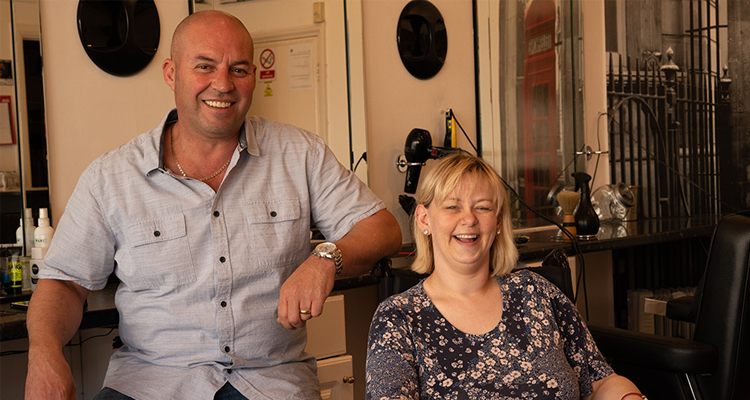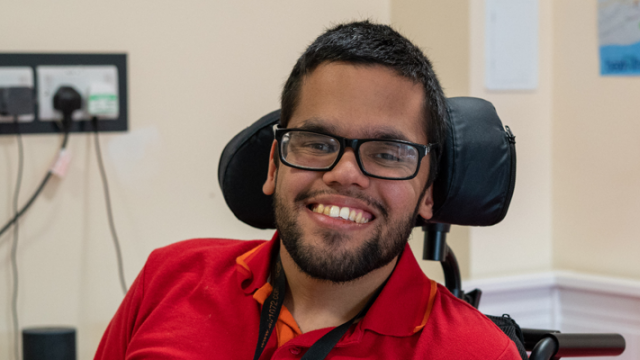Your benefits and employment

Download an easy read version of this document here.
Being employed, especially for the first time, is a big step and while it offers many positives, you may have important questions about how it will affect you financially. Moving from benefits to your salary in work is an easy process and you may still be entitled to government support even once you’re earning. Our guide below explains some of differences and what you should expect. For in depth financial advice, you should speak to your local Citizens Advice or Job Centre.
Can I work if I am on benefits?
The short answer is yes, you may still be able to claim benefits whilst in employment. However, each benefit will have its own rules for whether you can continue to claim it or not depending on how much you earn, the type of job and how often you work.
Benefits that are affected by employment
Income Support and Jobseeker's Allowance (IS/JSA)
Whether you are on Income Support or Jobseeker's Allowance, the rules for claiming are the same.
If you are working less than 16 hours per week, and your partner is working less than 24 hours per week, then you will still be able to claim Income Support or Jobseeker's Allowance. However, the amount you are entitled to may change depending on your earnings.
Certain roles are allowed to work more than 16 hours (24 hours for partners) and still claim Income Support or Jobseeker’s Allowance. These include:
- Carers
- Volunteers
- People on certain training schemes
- Disabled people with low earnings due to disability
- People living in residential care or a nursing home
For these roles, you can work as many hours as required and still remain eligible to claim Income Support or Jobseeker’s Allowance.
Employment and Support Allowance (ESA)
If you receive Employment and Support Allowance you can usually work and still claim the benefit as long as you:
- Work less than 16 hours a week
- Do not earn more than £143 a week
However, you are able to work over 16 hours if the role is voluntary or “supported permitted work”.
Supported permitted work has to be either:
- Part of a treatment program with medical supervision
- Supervised by a local council or a voluntary organisation that arranges work for people with disabilities
Universal Credit (UC)
Universal Credit is not affected by the hours you work, but rather by the amount you are earning. It is paid to people in or out of work, and you (or your partner) can work any number of hours and still qualify. Your Universal Credit payment will reduce gradually as you earn more - for every £1 you earn your payment reduces by 63p.
You can earn a certain amount before your Universal Credit is reduced if either of the following applies to you or your partner:
- You are responsible for a child or young person
- You are living with a disability or health condition that affects your ability to work
This is called your “work allowance”. For up to date work allowance figures, visit the UK Government’s website: www.gov.uk/universal-credit
Benefits that are not affected by employment
Personal Independence Payment (PIP)
You can still get Personal Independence Payment (PIP) benefit whether you’re working or not. How much you earn or how many hours you work will not affect this benefit.
For more information on how your earnings can affect your benefits, please visit:
https://bit.ly/BenefitRules




